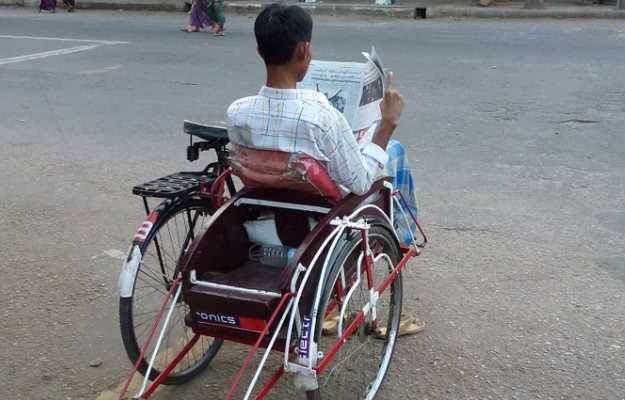What is Duchenne muscular dystrophy?
Duchenne muscular dystrophy (DMD) refers to an inherited muscular disorder which results in muscle weakness and degeneration. It is a rare genetic disorder seen in about 1 out of every 3,600 male infants.
What are its main signs and symptoms?
The symptoms of DMD start appearing before the age of 6 years but may appear sooner in some cases. These symptoms include:
- Tiredness
- Low IQ
- Learning disorders
- Problems with motor skills
- Difficulty in physical activity
- Breathing difficulties due to weak respiratory muscles
- Muscle aches
- Inability to walk properly
- Heart diseases (may begin in later years of life)
- Frequent falls
- Trouble getting up from sitting or lying position
The muscle weakness worsens with age.
What are the main causes?
DMD is a genetic disorder. The primary cause of DMD is a defect in the gene that codes for dystrophin (a muscle protein). Without dystrophin, the muscles in our body cannot function properly. DMD may occur in individuals who do not have a known family history of the condition due to a spontaneous mutation.
The risk of inheriting DMD is higher in males, while the chances of a female child inheriting the disease are rare.
How is it diagnosed and treated?
DMD is diagnosed by an assessment of the physical symptoms.
Neurological tests may follow. To make a proper diagnosis, tests may be done for the assessment of muscular and heart function. Serum CPK, genetic tests and muscle biopsy might be ordered to confirm the diagnosis.
DMD is a genetic disorder with no known cure yet. The treatment followed can only help to manage the symptoms and improve the quality of life.
Steroids may be given to slow down the rate of muscle degeneration. Lifestyle changes are important to improve the quality of life. Since steroids are known to cause weight gain as a side effect, the individual is advised to maintain an active lifestyle and have a healthy, balanced diet.
Physiotherapy may help to maintain muscle function.

 OTC Medicines for Duchenne Muscular Dystrophy
OTC Medicines for Duchenne Muscular Dystrophy















